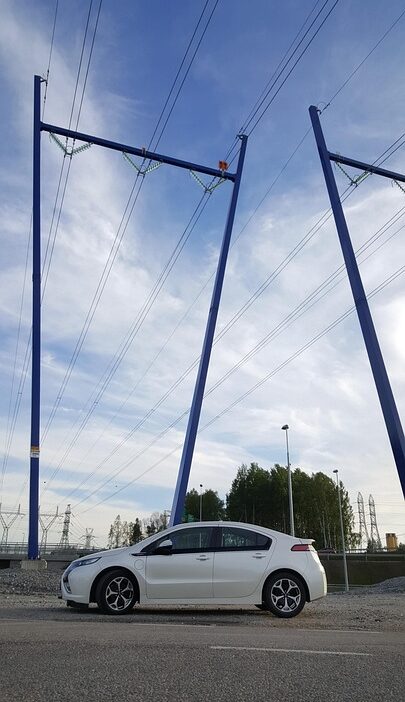As the automotive landscape continues to evolve, the debate between electric vehicles (EVs) and traditional gasoline-powered cars intensifies. Beyond the initial purchase price, many factors contribute to the long-term costs associated with these vehicles. This article presents a comprehensive cost analysis comparing EVs and gasoline vehicles over time, taking into account purchase price, fuel costs, maintenance, insurance, and resale value.
1. Initial Purchase Price
Electric Vehicles
The initial cost of EVs has been a significant barrier for many consumers. As of 2023, the average price for an EV is around $60,000, although models in the $30,000 to $40,000 range are becoming increasingly available. Additionally, many governments offer tax incentives and rebates, which can lower the effective price significantly.
Gasoline Vehicles
Gasoline vehicles generally have a lower entry price point. The average cost for a new gasoline car is approximately $45,000, with many affordable models starting below $30,000. However, this gap is slowly closing as the market for affordable EVs expands.
2. Fuel Costs
EVs
The cost of electricity is generally lower than gasoline on a per-mile basis. The average cost for charging an EV in the U.S. is about $0.13 per kWh. Given that an EV can travel about 3 to 4 miles per kWh, the cost comes to approximately $0.03 to $0.04 per mile.
Gasoline Vehicles
In contrast, gasoline prices fluctuate but average around $4.00 per gallon. With conventional vehicles averaging 25 miles per gallon, fuel costs can be estimated at approximately $0.16 per mile. Over time, this difference quickly accumulates in favor of EVs.
3. Maintenance Costs
Electric Vehicles
EVs are typically cheaper to maintain due to their simpler mechanics. They have fewer moving parts (no oil changes, fewer fluids, etc.) which results in lower upkeep costs. Average annual maintenance for an EV is around $600, compared to traditional vehicles.
Gasoline Vehicles
Gasoline cars incur higher maintenance expenses, averaging approximately $1,200 per year. Components such as exhaust systems, fuel injectors, and complex engines require more frequent servicing.
4. Insurance Costs
Insurance costs vary widely based on vehicle make, model, and location. Generally, EVs can be more expensive to insure. Costs can be attributed to their higher repair costs and specialized parts.
- EV Insurance: Approximately $1,200 to $2,000 annually.
- Gasoline Vehicle Insurance: Approximately $1,000 to $1,800 annually.
5. Resale Value
Electric Vehicles
Historically, EVs have depreciated faster than gasoline vehicles due to concerns over battery life and the rapid advancement of technology. However, as the market matures, some models, particularly high-demand ones, are starting to retain value better.
Gasoline Vehicles
Gasoline vehicles have a more predictable depreciation curve. Given their ubiquity, they often sell well in the used market, making them easier to resell.
6. Total Cost of Ownership Over Time
To present a clearer financial picture, we can calculate the total cost of ownership (TCO) for both types of vehicles over a 5- to 10-year period, factoring in all costs mentioned:
Example Analysis Over 10 Years (Assuming 15,000 miles/year)
| Component | EV Cost | Gasoline Vehicle Cost |
|---|---|---|
| Initial Purchase | $60,000 | $45,000 |
| Fuel Costs (10 years) | $4,500 | $24,000 |
| Maintenance (10 years) | $6,000 | $12,000 |
| Insurance (10 years) | $18,000 | $15,000 |
| Total | $88,500 | $96,000 |
Conclusion
While the initial purchase price of EVs can be higher, the total cost of ownership favors them in the long run. Lower fuel and maintenance costs significantly contribute to this advantage. However, potential buyers should also consider regional electricity costs, available incentives, and the ongoing advancements in battery technology when making their decision.
As both markets continue to evolve, factors such as improvements in battery technology, energy prices, and the regulatory environment will play critical roles in shaping the future of automotive choices. Overall, future cost analyses will likely continue to tilt in favor of EVs, particularly as sustainability becomes an increasing priority for consumers and legislatures alike.



